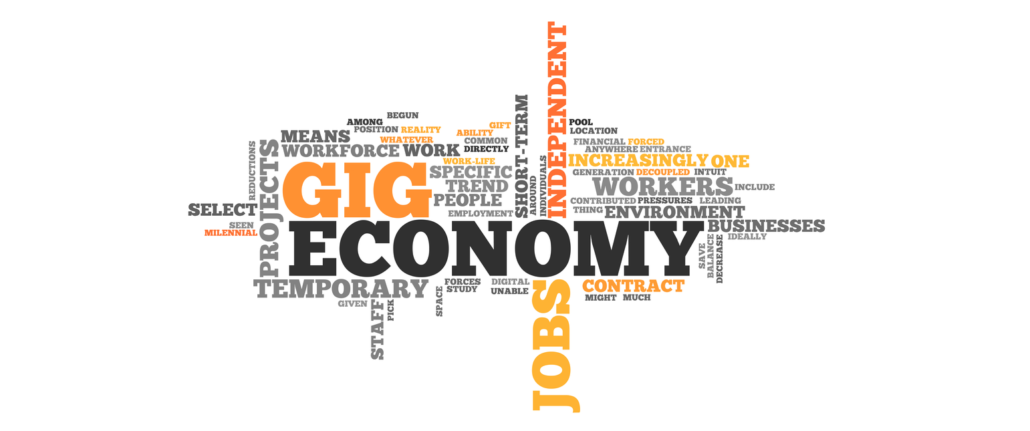California is all set to implement the Assembly
Bill 5 which favors the independent contractor in Gig economy as an employee
entitling them to job security, medical claims, life insurance and all perks
offered to a traditional employee in a structured economy. Uber, Lyft and
Postmates Inc. are nearly threatened by these laws as it'll have a massive
impact on their business model. Companies refer these laws as unconstitutional.
Uber and Postmates argue that legislative process around California’s Assembly
Bill 5 is unfairly targeting gig economy companies while favoring other
industries and that the law will threaten workers’ flexibility.
To understand the current scenario, we first
have to take a look on what a gig economy really is and how is it different
from a traditional economy. The word gig means a job that is temporary. Therefore,
gig economy implies a labor market characterized by the prevalence of
short-term contracts or freelance work as opposed to permanent jobs.
In contrast with a traditional economy which
generally has an employer-employee structure with fixed work hours, minimum
wage and a contract, gig economy is oppugnant as workers are their own boss,
can decide their work hours but with no perks or whatsoever. The speculation is,
California, specifically is targeting Uber and other big tech giants as drivers
have often complained about how stressful their "independent job" is
and they are barely able to make their ends meet. Most of these drivers don't
have / can't afford a medical insurance. In the midst of this angst, although
the intention of California state is to protect drivers, this whole law is
threatening the liberty of other workers. The bigger question is, can a
government snatch a worker's Independence and make him an employee just to make
sure that they get job benefits?
Or perhaps should we question the practice of
companies like Uber & Postmates that, in the name of " Independent
contractors " leech out profit from them, don't regulate the incentives
to driver's liking and they're not even able to pay their bills.
A balance between regulation and workers should be sought here.


Comments
Post a Comment